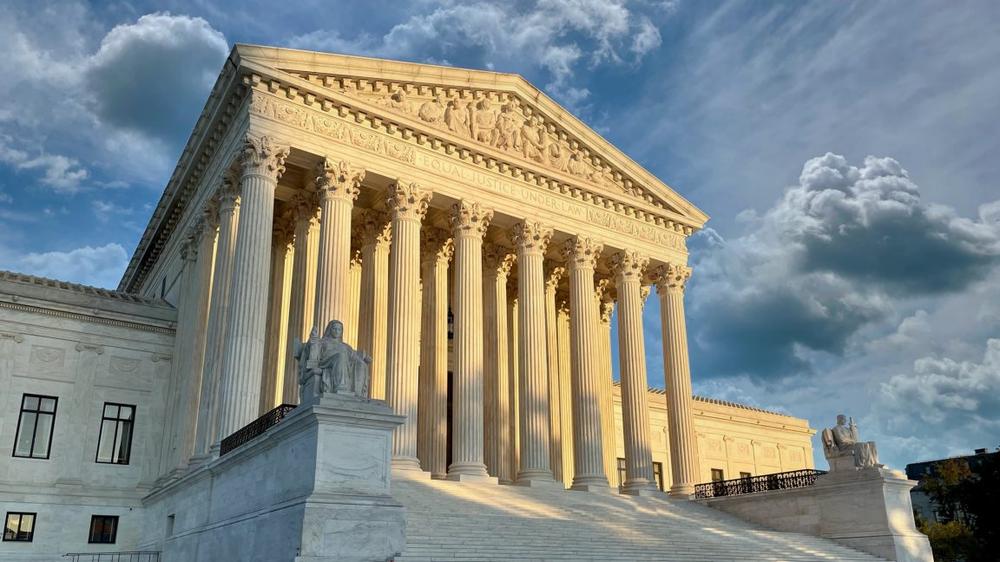Advocacy groups that tried to defend federal net neutrality rules in court won't file an appeal, saying they don't trust the Supreme Court to rule fairly on the issue.
Net neutrality rules were implemented by the Federal Communications Commission during the Obama era, repealed during Trump's first term, and revived under Biden. Telecom lobby groups challenged the Biden-era restoration of net neutrality rules and beat the FCC at the US Court of Appeals for the 6th Circuit.
While the FCC is now run by Republicans who oppose net neutrality rules, advocacy groups that were involved in the litigation could appeal the ruling. But they won't, saying in a press release that there isn't much point because of the conservative majorities at both the FCC and Supreme Court. Even if the Supreme Court overturned the appeals court ruling, the current FCC would almost certainly eliminate the rules again.
"Trump's election flipped the FCC majority back to ideologues who've always taken the broadband industry's side on this crucial issue. And the justices making up the current Supreme Court majority have shown hostility toward sound legal reasoning on this precise question and a host of other topics too," said Matt Wood, VP of policy and general counsel at Free Press.
The FCC's net neutrality rules prohibited Internet service providers from blocking and throttling lawful content and banned paid prioritization. Court cases over the rules have turned on the legal question of whether the FCC can classify broadband as a telecommunications service, a necessary step for imposing common-carrier regulations under Title II of the Communications Act.
Court ruled broadband isn’t telecommunications
Although the Obama-era FCC won on this point in the District of Columbia Circuit in 2016, a Supreme Court ruling in 2024 gave courts more power to block rules when judges disagree with an agency's interpretation of federal statutes. Judges at the 6th Circuit subsequently decided that broadband must be classified as an "information service" under US law.
"The 6th Circuit's decision earlier this year was spectacularly wrong, and the protections it struck down are extremely important. But rather than attempting to overcome an agency that changed hands—and a Supreme Court majority that cares very little about the rule of law—we'll keep fighting for Internet affordability and openness in Congress, state legislatures and other court proceedings nationwide," Wood said.
Besides Free Press, groups announcing that they won't appeal are the Benton Institute for Broadband & Society, New America's Open Technology Institute, and Public Knowledge.
"Though the 6th Circuit erred egregiously in its decision to overturn the FCC's 2024 Open Internet order, there are other ways we can advance our fight for consumer protections and ISP accountability than petitioning the Supreme Court to review this case—and, given the current legal landscape, we believe our efforts will be more effective if focused on those alternatives," said Raza Panjwani, senior policy counsel at the Open Technology Institute.
Net neutrality could still reach the Supreme Court in another case. Andrew Jay Schwartzman, senior counselor of the Benton Institute for Broadband & Society, said that "the 6th Circuit decision makes bad policy as well as bad law. Because it is at odds with the holdings of two other circuits, we expect to take the issue to the Supreme Court in a future case."
California still enforces a net neutrality law. ISPs tried to get that law struck down, but courts decided that states could regulate net neutrality when the FCC isn't doing so.

 The Grave of the Fireflies Steelbook Has Hit Its Lowest Price Yet as Tons of Studio Ghibli Movies Get Discounts on Amazon
The Grave of the Fireflies Steelbook Has Hit Its Lowest Price Yet as Tons of Studio Ghibli Movies Get Discounts on Amazon